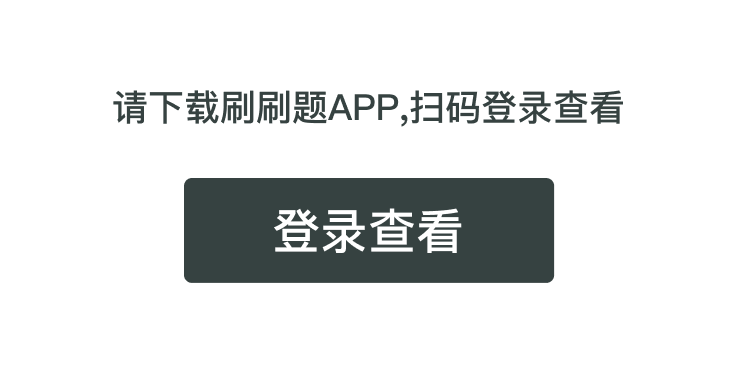大学职业资格刷题搜题APP

创建自己的小题库
搜索
【简答题】


阅读理解
Einstein was born in Germany in 1879. In his early childhood he was slow to learn to talk and didn't seem to be
very bright. But by the time he was four years old, he had taught himself advanced math from text books. By
then he knew what he wanted to be when he grew up. He wanted to be a physicist in the future.
The Einsteins didn't have so much money to pay for the advanced education that young Albert needed. But the
family tried their best to send him to a technical school and later to the university in Switzerland. After graduation,
he went to work, first a teacher, t
 hen in a government(政府) office. With the pay that he received he was able to
hen in a government(政府) office. With the pay that he received he was able to
go on with his schooling at the Unive
 rsity of Zurich, where he received a doctor's degree in 1905. This was the
rsity of Zurich, where he received a doctor's degree in 1905. This was the
first time when he first began the research and studies which led to his famous Theory of Relativity.
As time went on, Einstein's theory proved to be correct and by 1914 he had become one of the most famous men
in the world. His work was stopped by the First World War. The war made him quite sad. He lost interest in much of
his research. Only when the war was over in 1918 was he able to get happily back to work. He won the Nobel Prize
for physics in 1921.
In 1940, Einstein became an American citizen. He lived the rest of his life in t
 he United States. Besides(除......之外)
he United States. Besides(除......之外)
his work in physics, he spent much time working for hu
 man rights(人权) and progress. He died in the United States in
man rights(人权) and progress. He died in the United States in
1955.
1. He wanted to be a physicist ________.
A. when he got to America
B. when he was four
C. in 1889
D. in 1879
2. Einstein went to work ________.
A. after he left the University of Zurich
B. after he went to a technical school
C. after he graduated from the university in Switzerland
D. when he was twenty years old
3. Einstein received a doctor's degree ________.
A. after he researched the Theory of Relativity
B. at th
 e University Zurich
e University Zurich
C. when he was 14 years old
D. after he won the Nobel Prize
4. How old was Einstein when he died?
A. Forty-two
B. Fifty-five
C. Sy-nine
D. Sy-six
5. Einstein's family was ________ when he was a child.
A. quite rich
B. rich
C. not rich
D. very poor

题目标签:人权
 分享
分享
 反馈
反馈 收藏
收藏 举报
举报
参考答案:


举一反三
【多选题】我国关于人权的理解是( )。
A.
人权领域内的对话与合作必须在尊重国家主权的基础上升始
B.
没主权就没人权
C.
人权首先是人的生存发展权
D.
人权的根本内涵是绝对的自由

相关题目:
【多选题】我国关于人权的理解是( )。
A.
人权领域内的对话与合作必须在尊重国家主权的基础上升始
B.
没主权就没人权
C.
人权首先是人的生存发展权
D.
人权的根本内涵是绝对的自由

参考解析:


题目纠错 0
发布

 复制链接
复制链接 新浪微博
新浪微博 分享QQ
分享QQ 微信扫一扫
微信扫一扫





